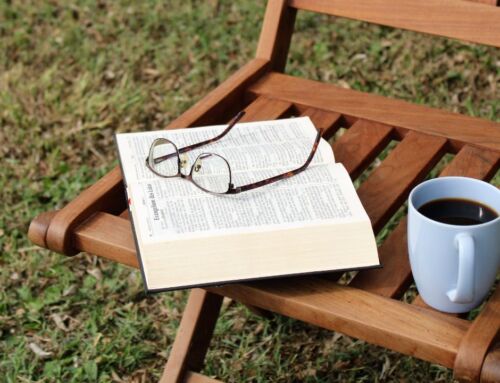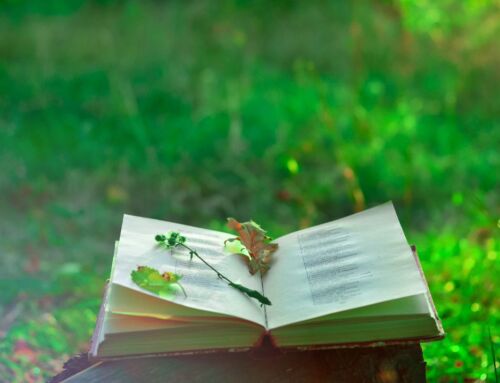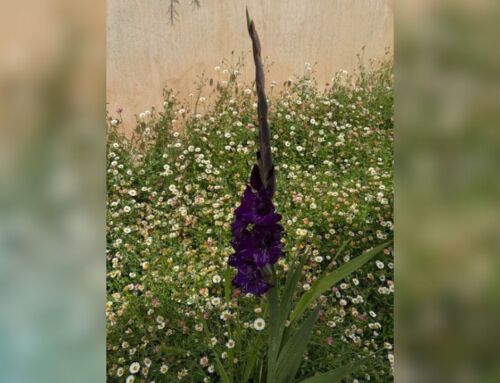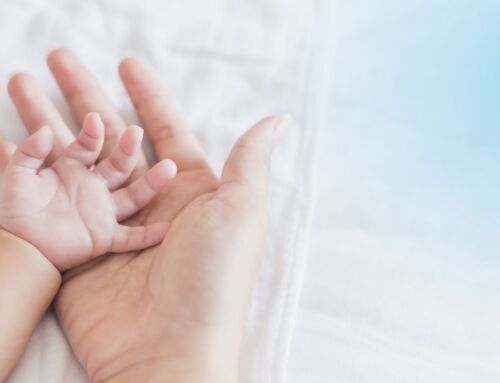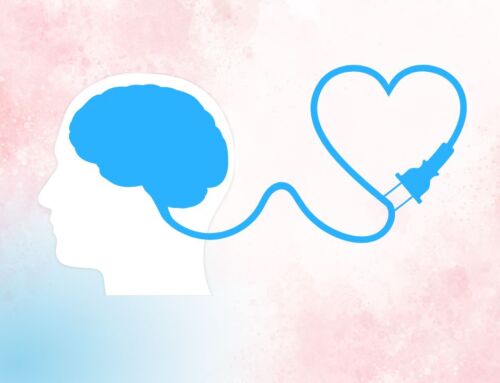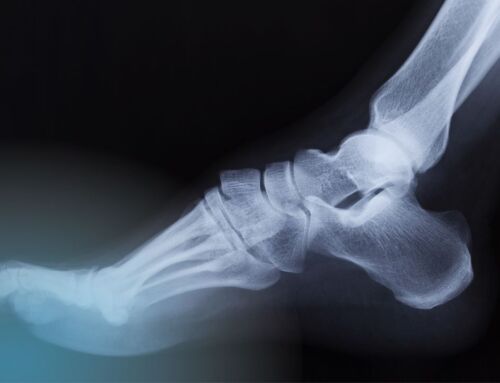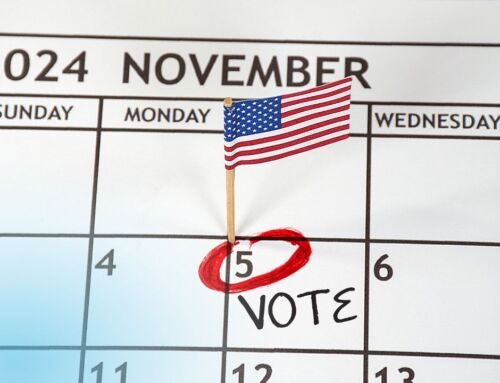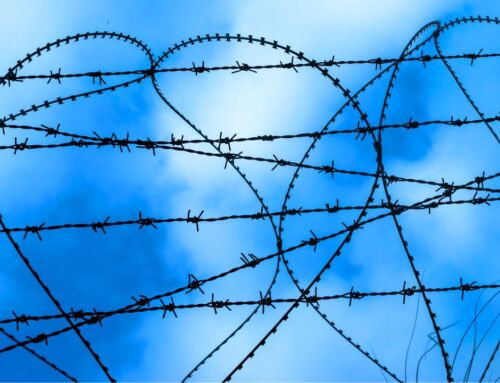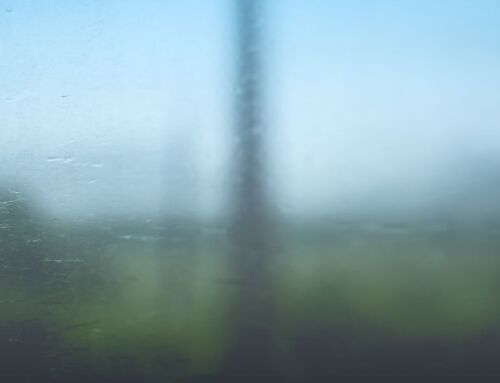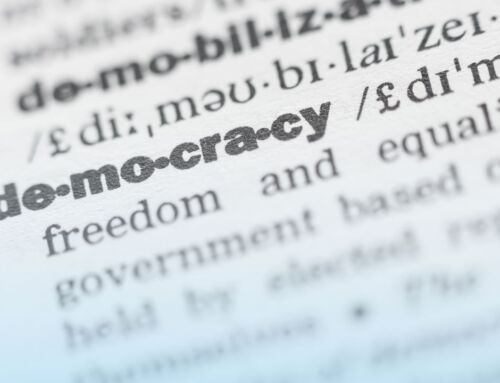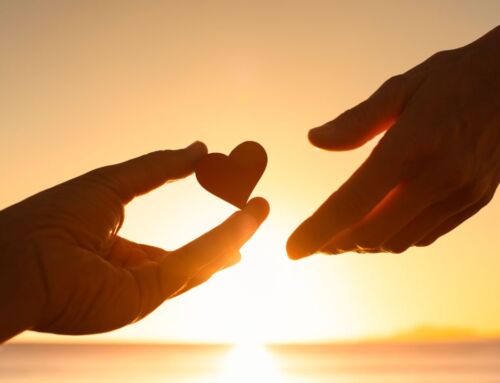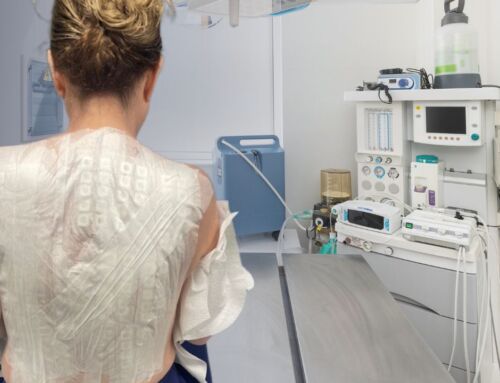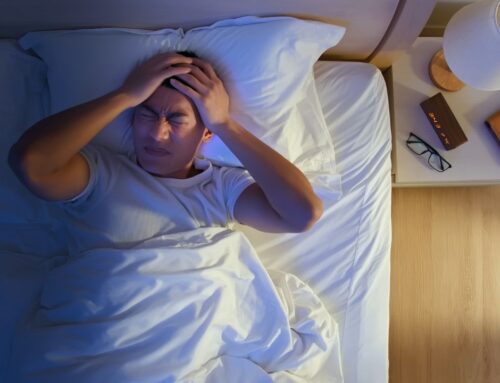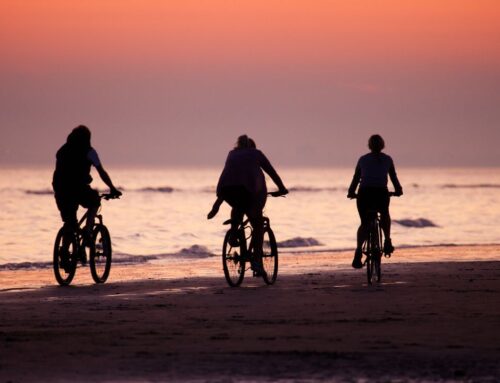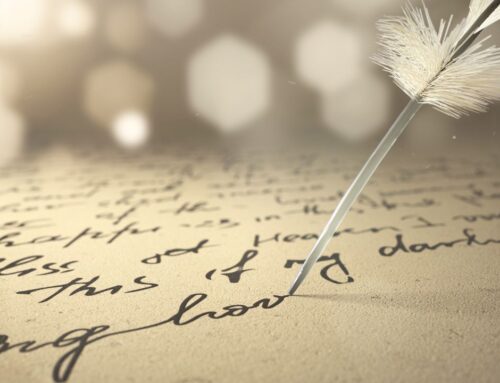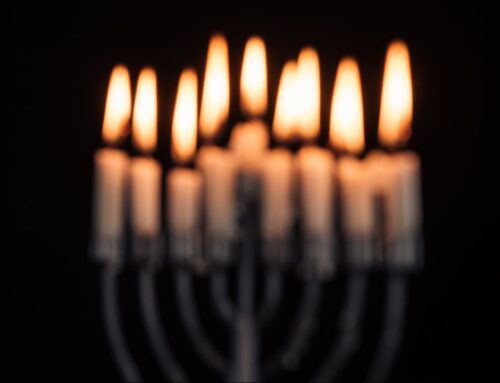Were sleep issues to blame for me coming down with a more intense case of COVID?
Getting restful sleep is one of the best ways to boost our immune system and fight off colds, flu, and even COVID-19. And once you get one of these respiratory illnesses, it’s that much harder to get well when you are up coughing in the night.
The cruel irony of this fact hit home when I came down with a case of COVID in Sun Valley, Idaho, just after the New Year. More than three weeks later, I am feeling much better than I did when I first got sick but suffering through post-COVID bronchitis.
Of course, I am not suffering like the approximately 150,000 Americans hospitalized with the virus. I am grateful that vaccines and boosters have taken death and intubation off the list of worries for most people who have gotten three shots.
Even though there is a new version of the omicron variant out there, known as BA.2, there’s reason for optimism about the three-shot regimen, NPR reports. “Preliminary data from the U.K. government shows that a third shot of a COVID-19 vaccine protects against an infection of BA.2 just as well as it does against BA.1 (the original omicron variant). In both cases, it reduces the risk of a symptomatic infection by about 60% to 70.” So, I am very glad I had all three shots!
Still, looking back at my Facebook journal, I’m reminded that even my hospital-free, spend-vacation-in-bed brand of COVID was no picnic. A few dispatches:
Tuesday Jan. 4, COVID Day 1
Pulling all three layers of covers up to my chin, I pull my body in a ball, tucking my knees to my chest, wrapping my right hand to hug and cover as much of my left arm as possible…
My torso was shaking inside, shimmying and quaking. I knew there was another blanket nearby, on the window seat, but was too chilled and stiff to grab it.
Monday Jan. 10, COVID Day 6
Heaviness in my eye sockets
Heavy, the back of my head
Heavy everywhere my body makes contact with the mattress
My brain in my skull feels thick, a waterlogged sponge.
I fought my way out of the fog, “coffee fueling the breaststroke up to consciousness,” to thankfully receive a warm mug of coffee from my masked husband.
I’ve sought to stay grateful, most of all for the brilliance of science and the booster I got exactly 10 weeks before getting sick. And like anybody who has gotten COVID, I’ve racked my brain thinking about how and where I picked it up.
Reading the Matrressnerd.com article about sleep and immune function, I wondered if perhaps my sleep habits lowered my immune system, which made my case of COVID worse than mild cold symptoms.
It’s so contagious that I don’t think getting eight hours of sleep a night would have saved me from catching it. But perhaps if I slept better, I would have gotten COVID lite instead of COVID heavy and been spared post COVID bronchitis.
I don’t get the seven hours of uninterrupted sleep per night that experts recommend. I sleep a few hours, I wake up, I do a meditation, and I try to go back to sleep. If that doesn’t work, I read until I fall back asleep and am lucky if I have a second nap for a few hours.
I would be what a sleep expert calls sleep deprived, but I don’t make a big deal about it. However, in the face of a pandemic, perhaps my resting wasn’t enough. Maybe I should make a more concerted effort to do all those things doctors recommend. We already do many of them. We don’t watch TV late, we read, and we have filters on our iPads to make the page dark and the letters orange.
You know that feeling when you are holding the Kindle and you start to drift? You open your eyes to go back to the paragraph, then say to yourself, “OK, I am relaxed for sleep,” turn it off, and slide it onto your nightstand? I do that every night. I just happen to wake up about four hours later.
On the other hand, I practice mindfulness, and that has been shown to bolster the immune system. Also, for me, self-compassion is key. I am not going to beat myself up that I am not a great sleeper. Sometimes I just have to remember the tools that I have available to help me sleep.
Last night, when my eyes popped open at 3 a.m., I remembered to use my Lullaband. It’s pair of small, flat headphones imbedded in a soft headband that doubles as an eye mask. I am not a paid sponsor, just a satisfied customer (here’s a link). I listened to Kenneth Soares’ sleep meditation and within 10 or 15 minutes, I was out. I woke up at 6, hit play again and slept until 9:15. I just needed to remember to take back my power when I wake in the middle of the night, because it works!
Here are some methods I have used to get back to sleep that others might find helpful.
Whatever method you choose to help you fall asleep or fall back asleep, don’t feel bad if you struggle in this area. Remember, you are not alone. This is not another area where you need to do self-help work. Instead, be compassionate with yourself, and practice whatever works best for you to get the rest you need.

